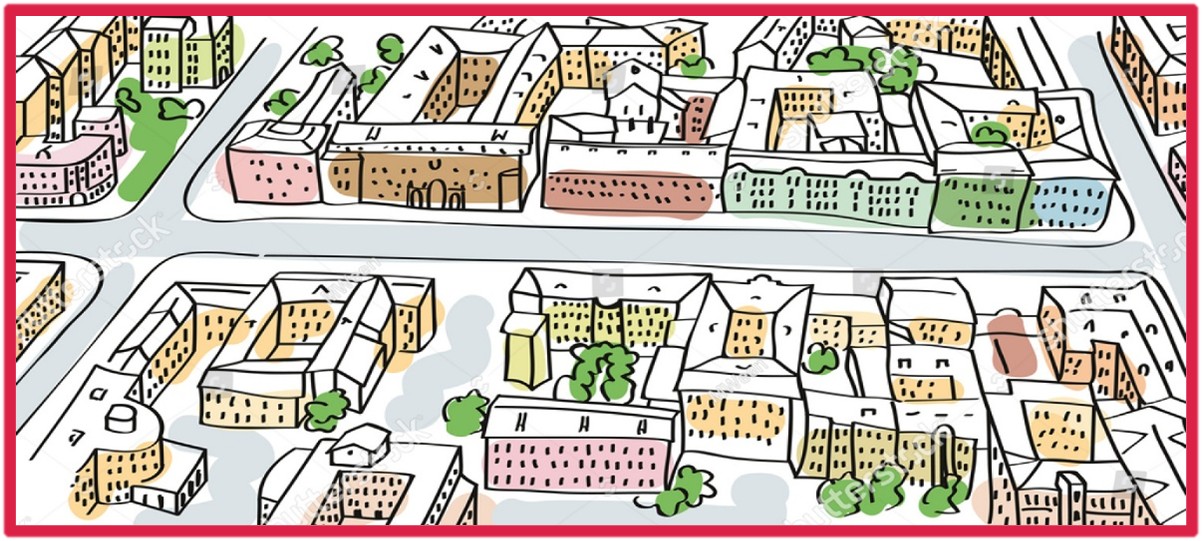The UK’s Local Government Reorganisation: A New Era of Devolution

by Urbanissta
The UK is undergoing one of the most significant restructurings of local government in decades. In a bid to simplify governance, improve service delivery, and unlock regional growth, the government is pushing forward with plans to replace the traditional two-tier system of county and district councils with streamlined unitary authorities.
This transformation is part of the Devolution Priority Programme (DPP), launched following the English Devolution White Paper in December 2024. The programme aims to create mayor-led strategic authorities and unitary councils that serve populations of around 500,000 or more.
Why the Change?
The government argues that the current system is fragmented and inefficient. By consolidating services under single authorities, councils can:
Reduce duplication Improve accountability
Deliver better outcomes for residents
Save money that can be reinvested in public services
Which Areas Are Affected?

Six regions have been selected for fast-track reorganisation under the Devolution Priority Programme:
1. Cumbria Already reorganised into Cumberland Council and Westmorland & Furness Council Will now form a mayoral combined authority
2. Cheshire & Warrington Includes Cheshire East, Cheshire West & Chester, and Warrington Borough Plans for a combined authority with a directly elected mayor
3. Norfolk & Suffolk Proposals include either: A single unitary council for each county Or three unitary councils in Suffolk (Central & Eastern, Western, Ipswich & Southern)
4. Greater Essex Covers Essex County Council, Thurrock, and Southend-on-Sea Plans to unify services and introduce a mayoral authority
5. Sussex & Brighton Includes East Sussex, West Sussex, and Brighton & Hove Proposals for a strategic authority and potential unitary councils
6. Hampshire & Solent One of the most complex reorganisations Includes Hampshire County, Portsmouth, Southampton, and Isle of Wight

Competing proposals:
A four-unitary model (Greater Southampton, South West Hampshire, Mid Hampshire, North Hampshire)
A three-unitary model backed by Hampshire County Council
Other Areas Considering Reorganisation Several other regions have expressed interest or are developing proposals:
Kent & Medway: Proposals for 3–4 unitary councils to replace the current two-tier system Surrey: Fast-tracked for reorganisation with elections expected in 2026
Devon: Plans for a single unitary council (excluding Plymouth and Torbay)
Leicestershire, South Midlands, and Oxfordshire: Exploring options for strategic authorities and unitary structures
Timeline 2025:
Interim proposals submitted November 2025:
Final proposals due May 2026–2027:
Elections for new authorities April 2027–2028:
New councils go live
What’s Next?
Public consultations, business case evaluations, and government decisions will shape the final structure of local government in these areas. While the changes promise efficiency and clarity, they also raise concerns about local identity, representation, and the cost of transition.






